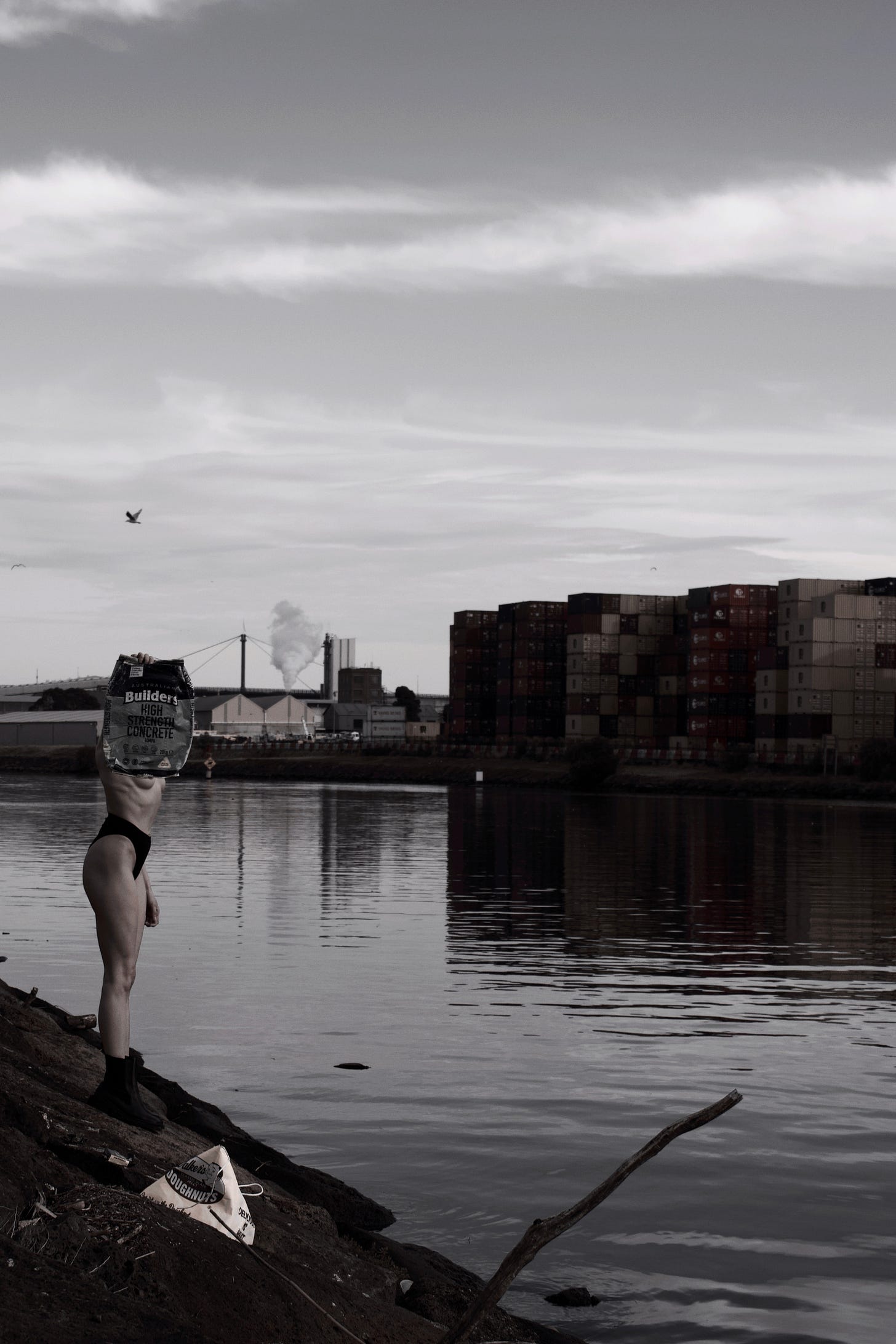Episode 5: Financialising ourselves and nature
On the benefits and limits of instrumentality, plus SOOOOOO much more ;)
In our latest episode of Philosophy & Organisations,
and I explore the challenges of doing certain types of work within an economic paradigm that arguably disincentivizes said types of work.As with our previous episode, we were just chatting about our human-ing. Jes then hit record. And we continued from there (breaking our recording down into two parts. The second part will be shared later this week or early next).
This saw us explore money (i.e. a claim on energy, not something we get into here, but a video I’d STRONGLY encourage you to watch), financialising nature (and its various challenges, using the Three Horizons Framework to ground this process), biophilia, cosmological circumference of care, the ‘journey’ we are on (from the foundations of formal philosophy through the scientific revolution through to modelling world process with increasing complexity, through to a return to our embodiment and inescapable relationality) and how aspects of ‘going forward’ may end up looking a little like some ‘parts of our past’.
We also began exploring human development through different lenses, along with the way that process relates to the complexity of our shared development as a species and civilisation (which gets us into flow states, certain practices, psychedelics etc.).
As always, Jes and I are engaged in shared living process, attempting to ground our explorations of the relation(s) between self / other / world / cosmos in both our lived experience and various theoretical contributions.
If you’re enjoying this series, please consider adding to some of the formal questions we are intended to explore:
What do we actually mean by philosophy?
What’s the value of philosophy in organisations?
How is philosophy compared / contrasted (equivalency), relative to other organisational functions?
How can philosophy help organisations interface with genuine uncertainty and complex challenges no organisation has ever faced?
How can diverse ethical theories or lenses help inform decision making within organisations?
How can philosophy help organisations more responsibly and effectively design, develop, and use AI (or not)?
How can philosophy help us better understand the role of trust, and its importance, within organisations (and beyond)?
Beyond profit, how can philosophy help an organisation define its telos? And how can defining this inform strategy and support culture?
How can philosophy enhance an organisations’ capacity to identify and mitigate ‘consequential uncertainty’ (i.e. risk)?
How can philosophy inform authentic progress in boardrooms (how they are comprised, how they collaborate, the ways in which they communicate etc.)?
How can existentialist ideas about meaning, freedom and authenticity apply to ‘employee engagement’, motivation and combatting workplace alienation?
How can a deeper understanding of epistemology improve an organisations approach to data and ‘evidence based’ decision making?
How does one’s philosophy influence their leadership style, and how might this impact (or be impacted by) organisational culture?
What philosophical questions should organisations be asking about the future of work and their role in ‘shaping it’?
Oh, before we go, here’s a sneak peak (without the project description, I’ll share that some other time) of the shoot I mentioned with my partner, Esther. It’s titled, ‘Where did all the colour go?’
With love as always.







